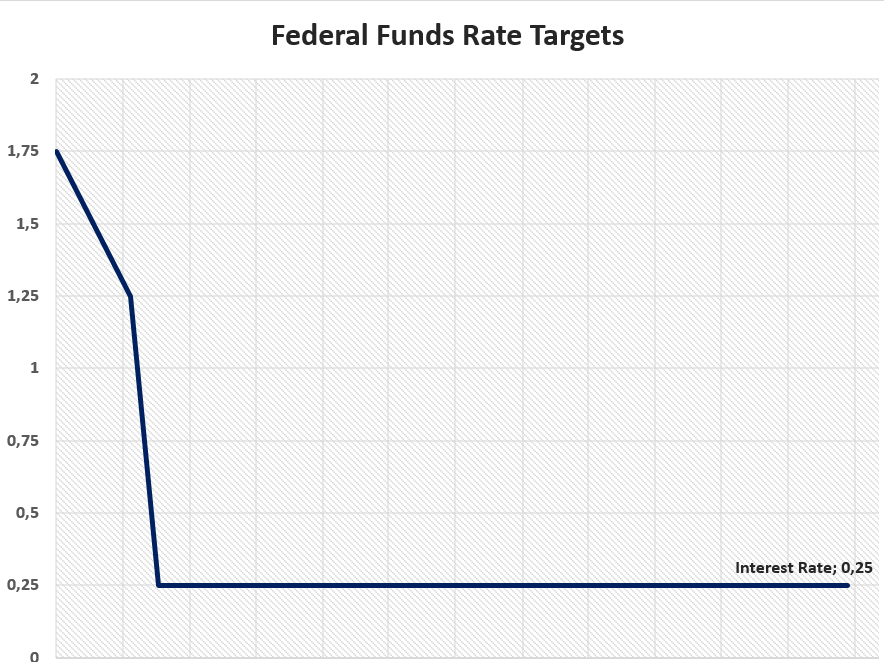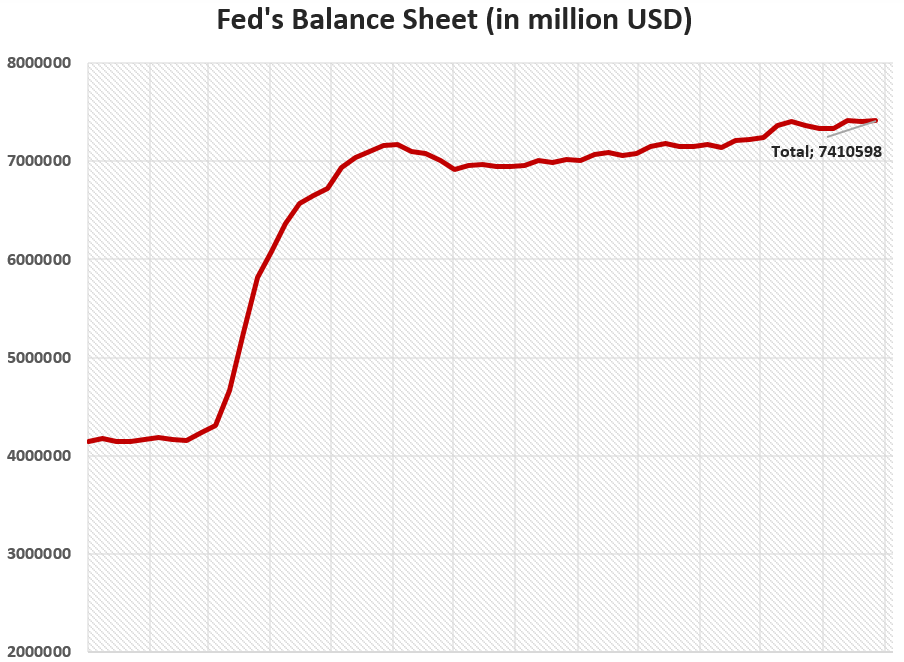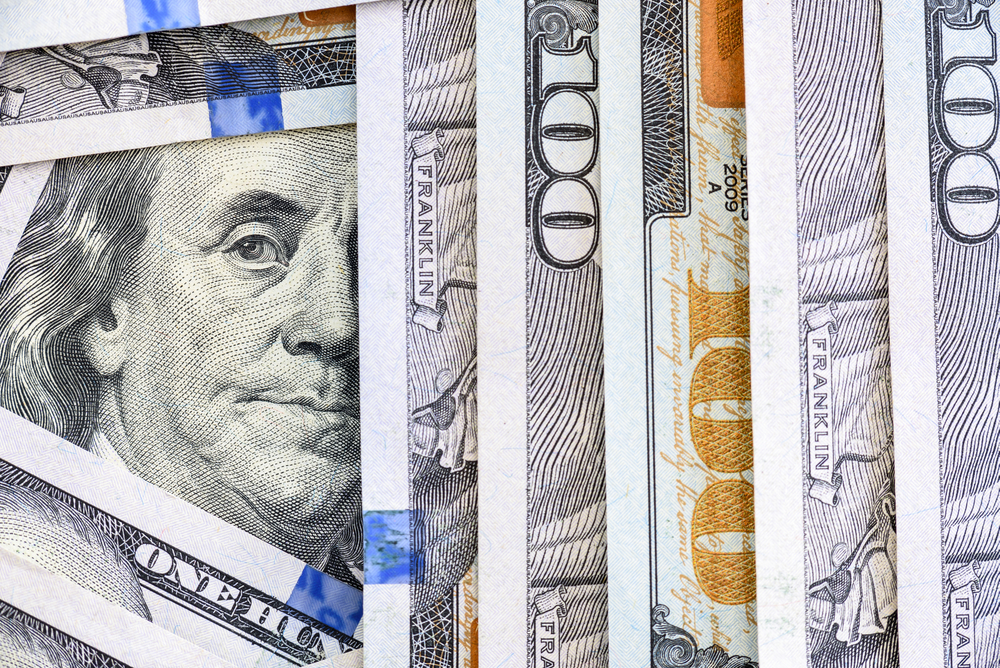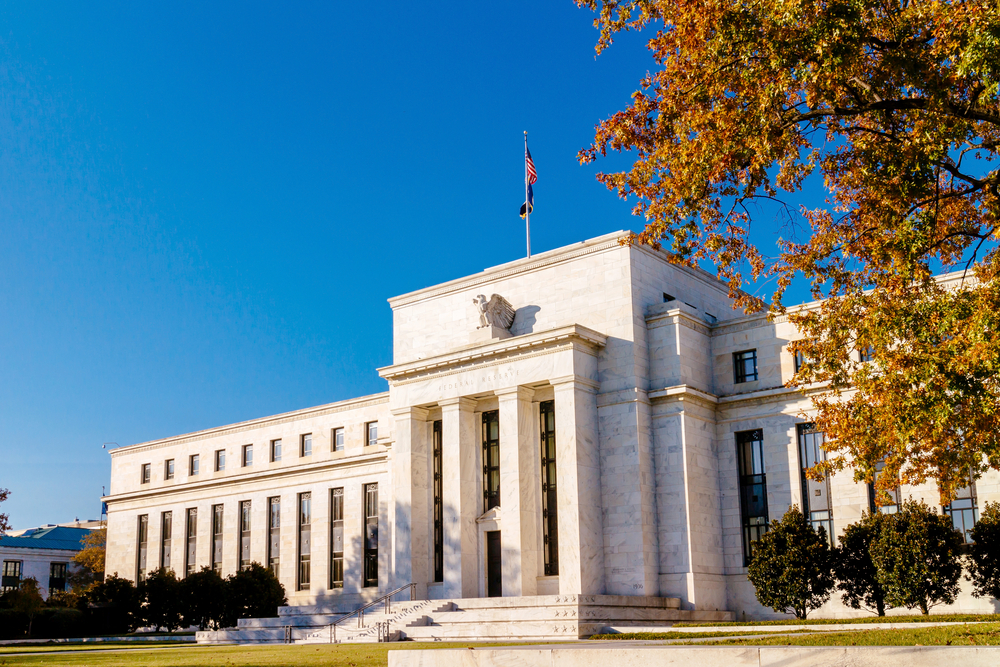Federal Reserve will not shrink its Balance Sheet
In the USA, which is the largest economy in the world, after the vaccination campaign launched against the coronavirus and the number of cases decreased significantly, many market participants started to think that the US Federal Reserve could reduce asset purchases within the scope of the ultra-loose monetary policy implemented against the pandemic, in the environment where the economy began to gave positive signals.
Despite these expectations, the Fed reiterated its commitment to maintain its federal funds target within the range of 0 to 0.25 percent at its meeting dated January 27. And the Bank also noted that buying $80 billion a month in Treasuries and $40 billion a month in mortgage-backed securities will continue. As a matter of fact, the statements of Jerome Powell, who made statements at an event organized by The Economic Club of New York the day before, gave strong support to the decision of the Federal Open Market Committee (FOMC).
"Experience tells us that getting to and staying at full employment will not be easy. In the near term, policies that bring the pandemic to an end as soon as possible are paramount. In addition, workers and households who struggle to find their place in the post-pandemic economy are likely to need continued support," he said.
"The recovery continues to depend on controlling the spread of the virus, which will require mass vaccinations in addition to continued vigilance in social distancing and mask wearing in the meantime,.. Recognizing the economy's ability to sustain a robust job market without causing an unwanted increase in inflation, the statement says that our policy decisions will be informed by our "assessments of the shortfalls of employment from its maximum level" rather than by deviations from its maximum level," he also noted.
Finally, "the Fed's balance sheet will be the size needed to support the economy", Powell stressed, adding that the balance sheet will decline gradually and with great transparency in the long term, but this will not happen anytime soon.
*from Jan. '20 to Jan '21
The FED had raised its target for federal funds by 0 to 0.25 percent in an extraordinary meeting to minimize the economic damage caused by Coronavirus last year. And the Bank also had lifted the asset purchase limits.
The balance sheet of the Fed, which has injected abundant liquidity at low cost in the markets in order to support household and businesses since March, has reached 7.410 billion USD as of February 2, 2021.
*from Jan. '20 to Jan '21
As a matter of fact, due to some appetite for consumption behavior of households associated with the vaccination campaign with the support of the Fed and Congress, the growth in inflation indicators led by durable goods and housing in the first half of the year is not expected to be significant. But long-term inflation expectations' effects could be observed in 10-year US bond interest rates. Of course, it is low compared to the levels before the pandemic.
To sum up, despite the short-term increase scenario in inflation and inflation expectations, it is not possible for the Fed to reduce its asset purchase program without a strong conviction that the economic outlook has generally rebounded or returned to the levels exist before the pandemic.





